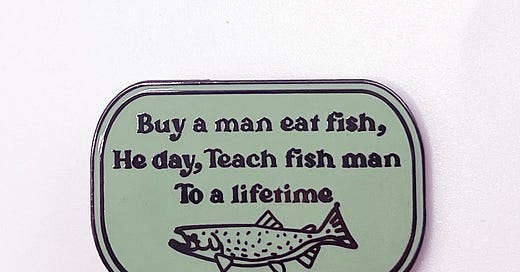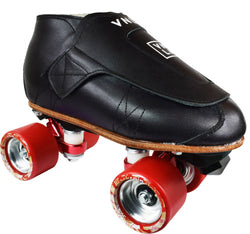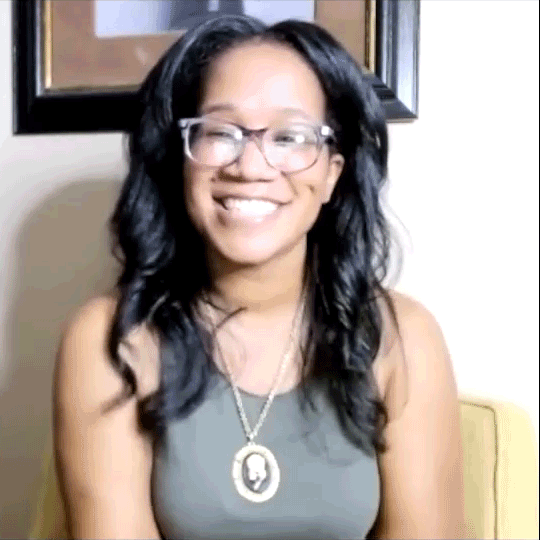The following is my opinion. You’ll know it’s my opinion because you’re reading it in my newsletter. While as a species, we’ve regressed in our ability to identify external opinions* and not disingenuously conflate them with mandates, I think the answer, now more than ever, is: argue with your mama.
[note: here I’m referring to actual personal opinions, not ideologies whose expressions incite violence because there’s an institutional inequity already at play. but you knew that.]
On today’s episode of It’s My Opinion, Friends, I’ll be talking about critical feedback and where to find it—and, more importantly, where not to seek it—on the journey to traditional publication.
For the past decade plus, I’ve had critique partners and beta readers, and been one in return. While in the query trenches, and still today, as a working author, it’s critical to have a fellow writer lend an eye and thought to my work. This isn’t going to be about how to find those people because when I did, the landscape was a bit different, and I have no idea if the forums and communities I was in still exist or operate as they did. Plus, even at the time, it was still about a) discerning and b) trapping lightning in a bottle. I didn’t haphazardly invite anyone into my work; basically, we auditioned each other to see not just if the person had craft strengths, but also whether or not we were personally compatible. (For instance, there was one person who instead of using comments in the margins of the document, as I thought customary, would just turn on track changes and delete and replace my words. In my document. On some mysterious authority I never quite understood. Might work for somebody else but between critique partners? That level of presumptuousness was a turn-off for me.)
Another thing I took into account when being auditioned by someone, and the reason it was important for it to be a reciprocal relationship: I needed to see their level of craft in action. Regardless the category or genre (because I personally prefer authors working in a different genre for the strengths they’ll have necessarily honed that I might lack), lemme see what you think is good. Right? Does it mean no one’s a better editor than they are a writer, no, but the way I’m set up? I’ll buy that explanation from a tested and vetted editor and no one else.
The best critique partners are people on par with where you are in your craft development, and slightly ahead. Meaning, when I was querying, I primarily wanted querying writers with a similar ambition of being traditionally published, whose work I admired, and who might have been a bit further along in their integration of industry knowledge/market study. Recently agented worked, too. What would not have been helpful would’ve been a multi-published, critically applauded author whose personal standard for excellence was so far above where I was operating that any ambition to get my work from point A to that would’ve been destructive.
I went to a new-to-me skating rink last night, and instead of a “speed skate” interlude, as I’m used to at another of my favorite rinks, this establishment had actual races. As you would imagine, it was done by age brackets, with 8-10 yos racing against each other, and 11-13 yos racing in their own bracket. There was a young person who handily won their race, who later, as the groups were integrated, wasn’t sharp enough around the cones to maintain a lead or their speed. They did great in their race, and less great against older, more experienced skaters. If they hadn’t gotten that early win, they might’ve decided they weren’t any good at speed skating.
A-are we…did we get it? The example? And the application? Mkay.
(As an aside, rink culture is real, y’all. As soon as we walked in, it was obvious that the majority of people—across age groups—were wearing VNLA pro series, or ankle boot styles meant to look like them anyway! Read the room and understood that I was not invited to these races, kids. Lemme get all the way out the way.)
Anyway. That’s why I decline young (to the craft) writers’ requests for me to read their work. That isn’t what they need. They need to find partners in the process with whom they can incrementally improve and learn to assess their progress (and their goals for their work). It’s very much in their interest not to get too much or too rigorous critique—especially that they can’t implement yet.
It’s important to take the steps. It’s not embarrassing, it’s how development works.
It doesn’t mean I don’t mentor, but casually CPing? This is my personal stance.
(There are plenty of pitfalls among the published about how to give, receive, and recognize when folks wanted cheerleading and not feedback in the first place, trust.)

Speaking of the VNLA-sponsored skating rink from last night [legally required edit: I do not know “for a fact” that they’re sponsored by VNLA…they might just be pick-me’s], that place is my partner’s childhood rink! Which is such a trip to me! To be able to go stand in a place where my partner stood thirty years ago, because that place is still accessible—if a tiny roadtrip—to us.
The thing about adventuring is what I can’t readily share with my people. I grew up in NorCal, went to university in Santa Cruz, moved to Wales, back to Santa Cruz for a couple years, then raised my son in Montreal, before moving down to the US border (NY side) for my son to go to an American high school. I’m somewhere else entirely now, and while I couldn’t do it any other way, there’s something about being able to take a relatively short drive (remember, I’m from California, meaning two hours is short for a drive—this does not refer to a commute, that’s demonic) and see my partner’s elementary school. It might be some time before I can show him my high school or my alma mater, both of which will have changed so freaking much that it might not feel all that familiar to me either. Campuses in Cali tend to balloon and get mishapen, if not torn down. It took some getting used to on the east coast, the concept of old, derelict places not being torn down and replaced with something we’ll readily use.
Or not being able to show my son the walks I used to take him on in Wales, when he was a toddler, or the beaches we used to alternate between in Santa Cruz (or further up the 1). He remembers his grandparents houses, and Montreal. And the last time he went to California with his dad, they were both pretty deflated by the unfamiliarity of Sacramento. Made me a little heartsore.
I’ll be honest: this sounds more impactful than it feels, this realization that I came to last night, while driving through a small town where my partner spent his formative years. Places, like memory, are subject to change. It’s important to say you knew a place or person, while appreciating the fact that you can’t hold them hostage. If we went to school together, even grad school, you don’t know me. You knew me. And that’s okay.
Something something profundity.





